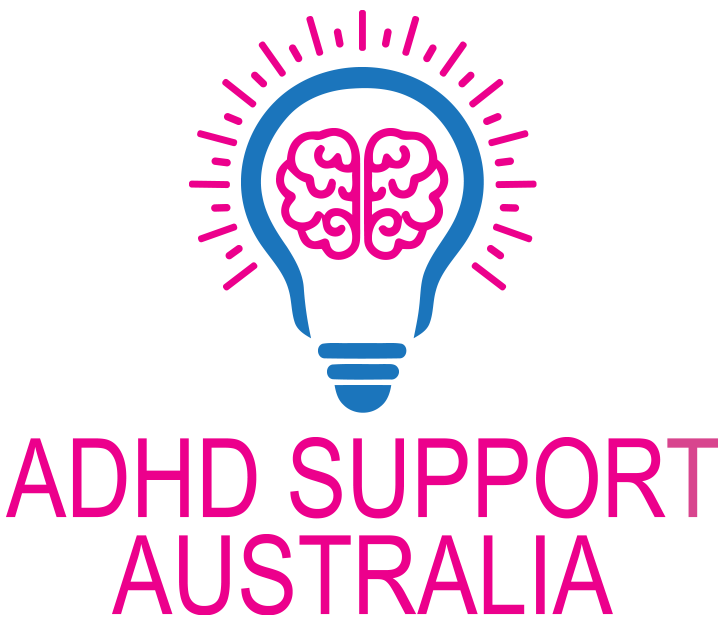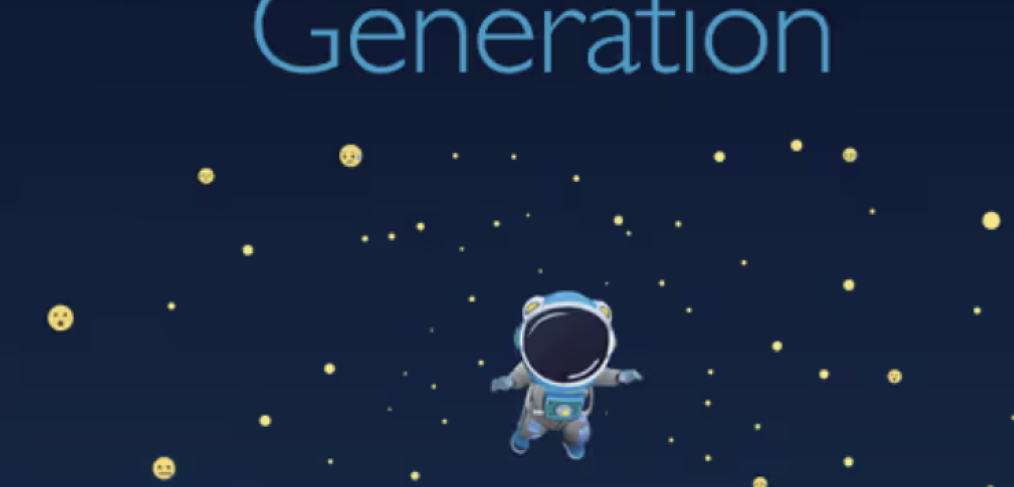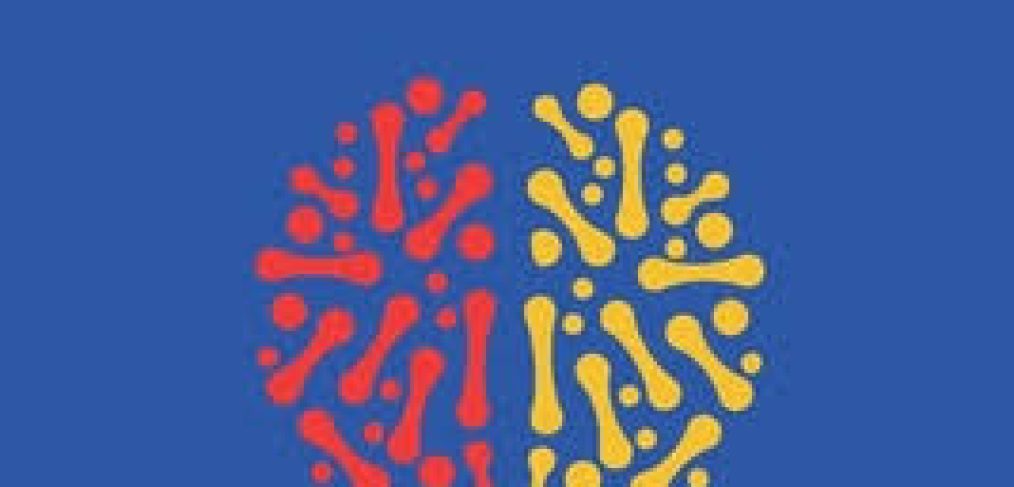Raising a Kid Who Can
Simple Strategies to Build a Lifetime of Adaptability and Emotional Strength
By: Catherine McCarthy, Heather Tedesco, Jennifer Weaver
Three mental health professionals cut through the “parenting advice” noise with this accessible, easy-to-skim book filled with actionable strategies and tips to help parents focus only what’s truly essential and build their child’s neurobiological capacity to thrive where they are planted, in good times and bad.
It’s time to parent smarter, not harder. Filled with scientifically based and eminently actionable advice and strategies, The Parents’ Playbook boils down the ten essential things that every child needs to thrive so that parents can stop drowning in information and get to the business of raising healthier, happier humans. Written by three mental health professionals who work with families, organized for easy skimming, and designed to be useful at any stage in a child’s life, the book devotes one short, impactful chapter per principle, including Resilience, Attention and Self-Control, Psychological Flexibility, Self-Motivation, Compassion and Gratitude. The result is a new approach to a parenting guide, one that takes a wholistic approach to nurturing a child’s development and help parents get right to the information they need, when they need it.



